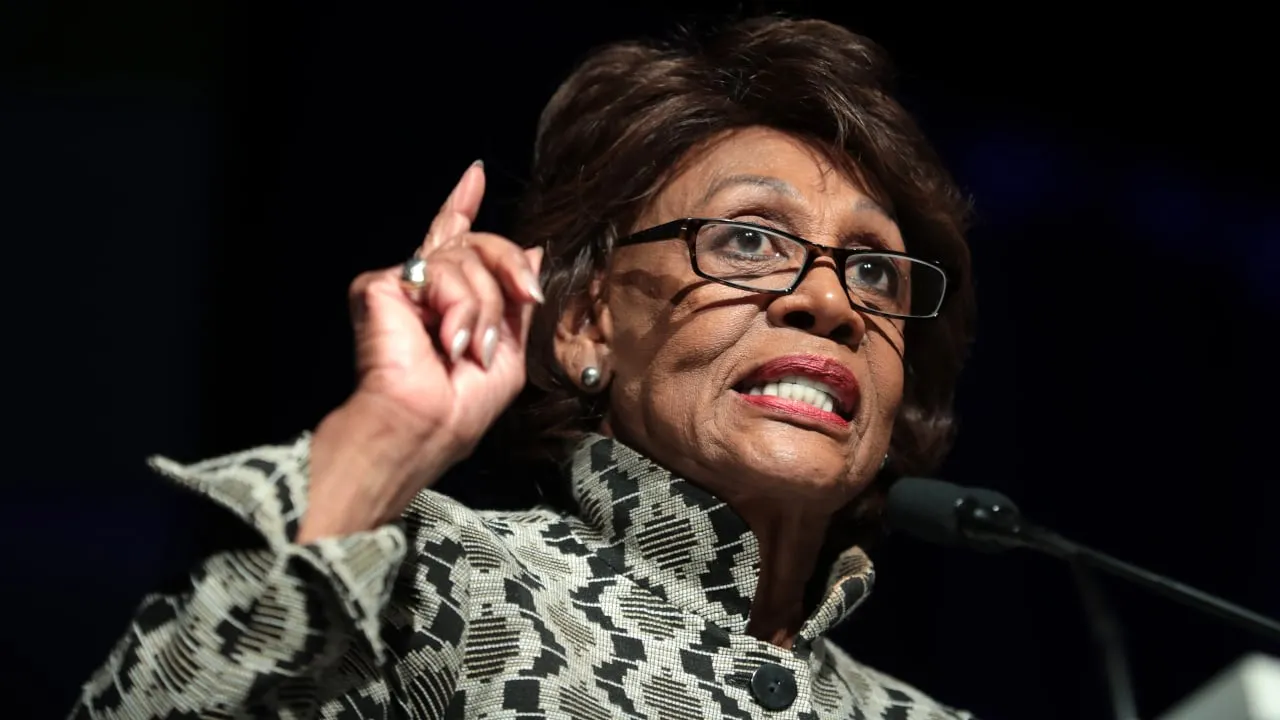Democrats and Republicans locked horns today at a mark-up hearing on yet another bill aimed at creating new regulations around digital assets, and familiar wounds tied to the SEC and failed exchange FTX loomed large over the debate.
Members of the House Financial Services Committee lawmakers aired their frustrations with one another over different aspects of the legislation, called the Financial Innovation and Technology (FIT) for the 21st Century Act. Rep. Maxine Waters (D-CA), the ranking Democrat on the committee, assailed the bill as a “wish list” for the crypto industry, who she accused of refusing to follow existing laws.
“We don't need to invent new regulatory structures simply because crypto companies refuse to follow the rules of the road,” said Waters in her opening statement.
Waters went on to set the tone for much of her party’s opposition to the bill by slamming provisions that she said provided inadequate protections for consumers and investors, while doing little of what it set out to do—clarify the regulatory landscape.
Rep. Ayanna Pressley (D-Mass), a progressive Democrat, similarly criticized the FIT for what she said was its weaker consumer protections, and for leaving out disclosure requirements that would ward off conflicts of interest. Invoking the collapse of failed cryptoexchange FTX last year, Presley called on her colleagues to "oppose this inadequate bill."
Republicans, in turn, rebuked Democratic members and their claims of inadequate consumer protections. Rep. Patrick McHenry (R-NC), the committee’s chairman and a strong supporter of the bill, rejected arguments that the bill lacks protections for consumers or investors. He said that the bill may not be perfect, but it is “better at worst case” than the current regulatory regime.
"I urge you—whether or not you like digital assets or think its the bane of existence—we need to pass this bill and consumers and Americans will be better off for the future, whether you like them or you don't," said McHenry.
Jack Solowey, a policy analyst at D.C.-based libertarian think tank Cato Institute, called claims that the FIT bill lacked meaningful protections was "profoundly mistaken," and said the bill would fill holes on this left in the current system.
"Opposing the bill's framework on consumer protection grounds is particularly shortsighted," Soloway told Decrypt.
Though most Democrats stayed united in opposition, it was not unanimous. Rep. Ritchie Torres (D-NY), who has been sharply critical of the SEC’s approach to regulating digital assets, joined Republicans in lambasting the current regime, which he categorized as “dangerously de-regulated,” and in need of a refit.
"This legislation is far from perfect, but it represents a good-faith attempt to create clarity where none exists," said Torres. "I will not let perfect be the enemy of good."
Today’s rancorous hearing is the latest bump in the road for the FIT act since its Republicans sponsors introduced it last week. Many lawmakers, including Republicans, acknowledged that it may not be perfect, but left open the door to returning to patch up any issues.
For the most part, the crypto industry has been widely supportive of the bill during its crafting process. However, legal experts have told Decrypt that the proposed framework included language that could leave ambiguity in the regulatory space, and cause harm to those in the DeFi space.
The mark-up period will continue into a second day on Thursday, and it is a step that is usually taken before a proposal is taken before the House floor for a vote. Usually, a mark-up is reserved for bills that are expected to receive a majority of support to pass, and Republicans currently control the House by a slim margin.

